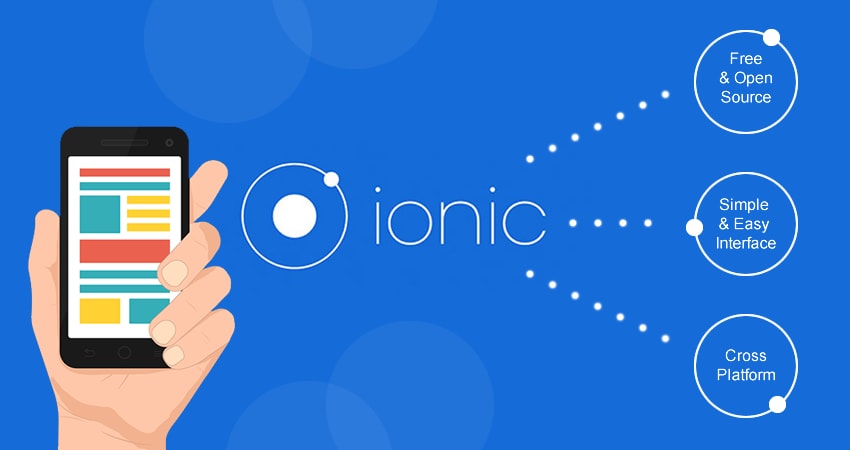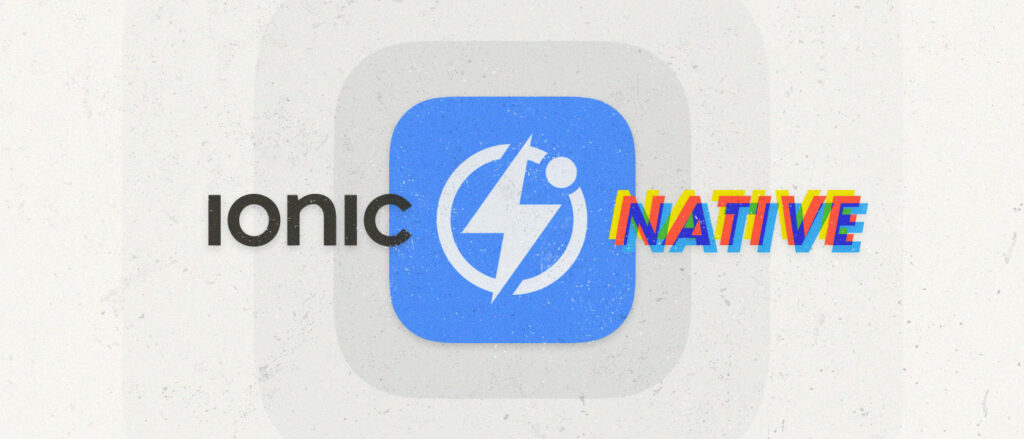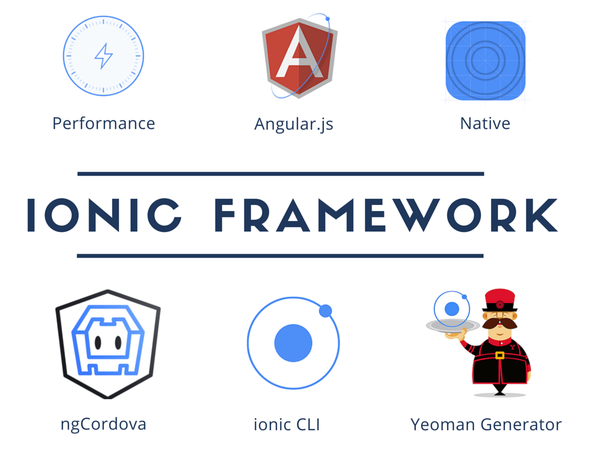Mobile technologists are experimenting and creating something new or the other every day to match the future requirements. In the journey of these experiments, we all started with Native platforms, where we’ve to build a separate app for each platform, whether it’s iOS, Android or Window. To build each of these, you need a different skill-set, tools and programming skills, phew…a lot of workforce and big money kill you.

Then the origin of Hybrid app happened. IONIC framework, with which you can build an app using client-side technologies such as HTML, CSS, and JavaScript and it runs on multiple platforms, but with a so-so performance.
Here comes the era of world-class hybrid apps
It’s growing every day and coders have found many ways to get their desired results. So-so performance is not the case anymore. As the times have changed, so do the hybrid mobile app development technology. Ionic Framework, AngularJS, and Cordova have seen tremendous development over the years and now developers can build hybrid apps easily and quickly that offer complete native experience across all platforms.

The trick is using the right plugins. It’s a difficult job as plugins are scattered and accessible only after a time taking and irksome digging through npm and Github repositories. IONIC NATIVE can make life easier for you, it’s a central repository for all available native plugins that could be used with Ionic 2 apps, enhancing the capabilities of mobile app by utilizing the native functionality of smartphone such as Camera, Flashlight, Geolocation etc.
The successor of ngCordova project
With Ionic Native, you get an Ionic/Angular friendly interface where finding and using plugins have become easier and consistency with APIs has dramatically improved.

Ionic Native comes with every Ionic 2 app by default and will work with any Cordova app as long as you have Promise support. It can be used with ES5, ES6 or TypeScript too. You don’t need to add any script tags if you are using ES6/TypeScript, you can simply import the plugin from Ionic Native npm package. But if you are using Angular 1.x or ES5 JavaScript, you have to add Ionic Native to your index.html.
Ionic Native provides a common interface for all plugins with TypeScript decorators adding Promise, Observable, and Typing support to plugins. This ensures that native events trigger changes in Angular 2. In addition to this, each plugin is available as a module and can be imported into any standard TypeScript or ES6+ project.
However, Ionic Native will not automatically install plugins, you have to install plugins using Cordova CLI or Ionic CLI. It also informs you the issue when the plugin is not installed properly and also the way to resolve it.
There are many features in Ionic Native to enhance the awesomeness of your apps. Give us a call if you need a guidance or looking for the development partner to take full advantage of Ionic Native.
Image Source 1 | Image Source 2 | Image Source 3
